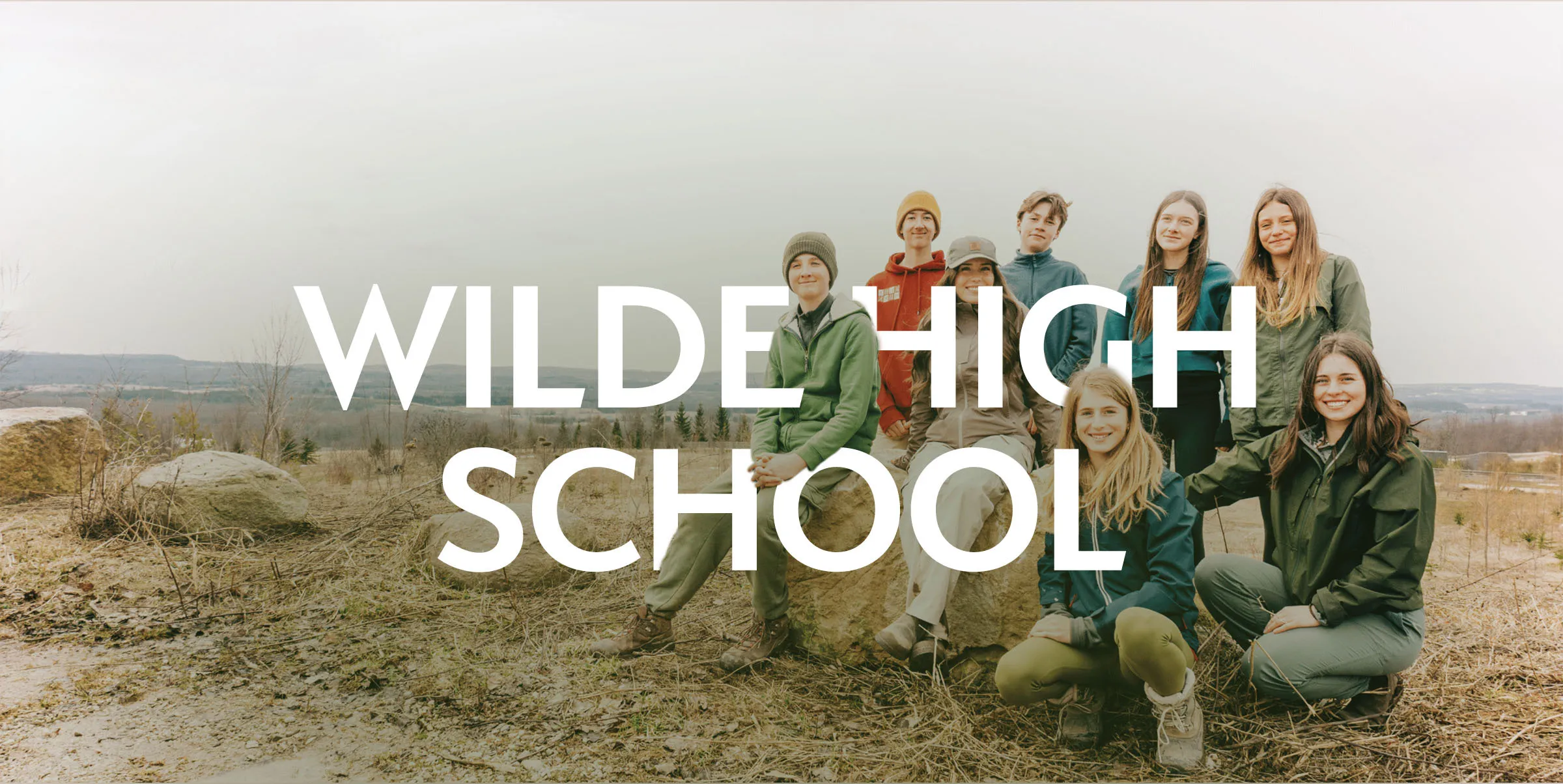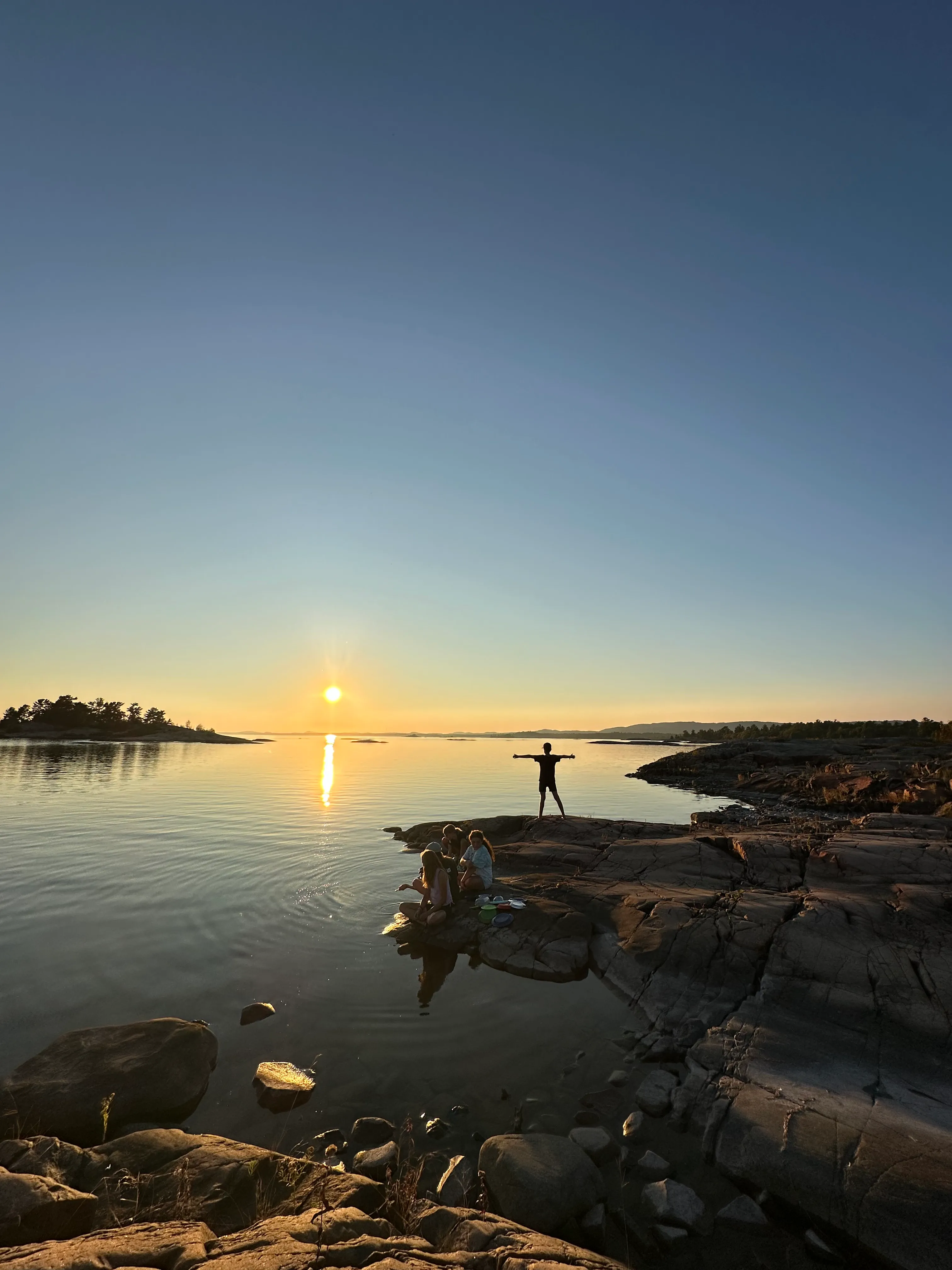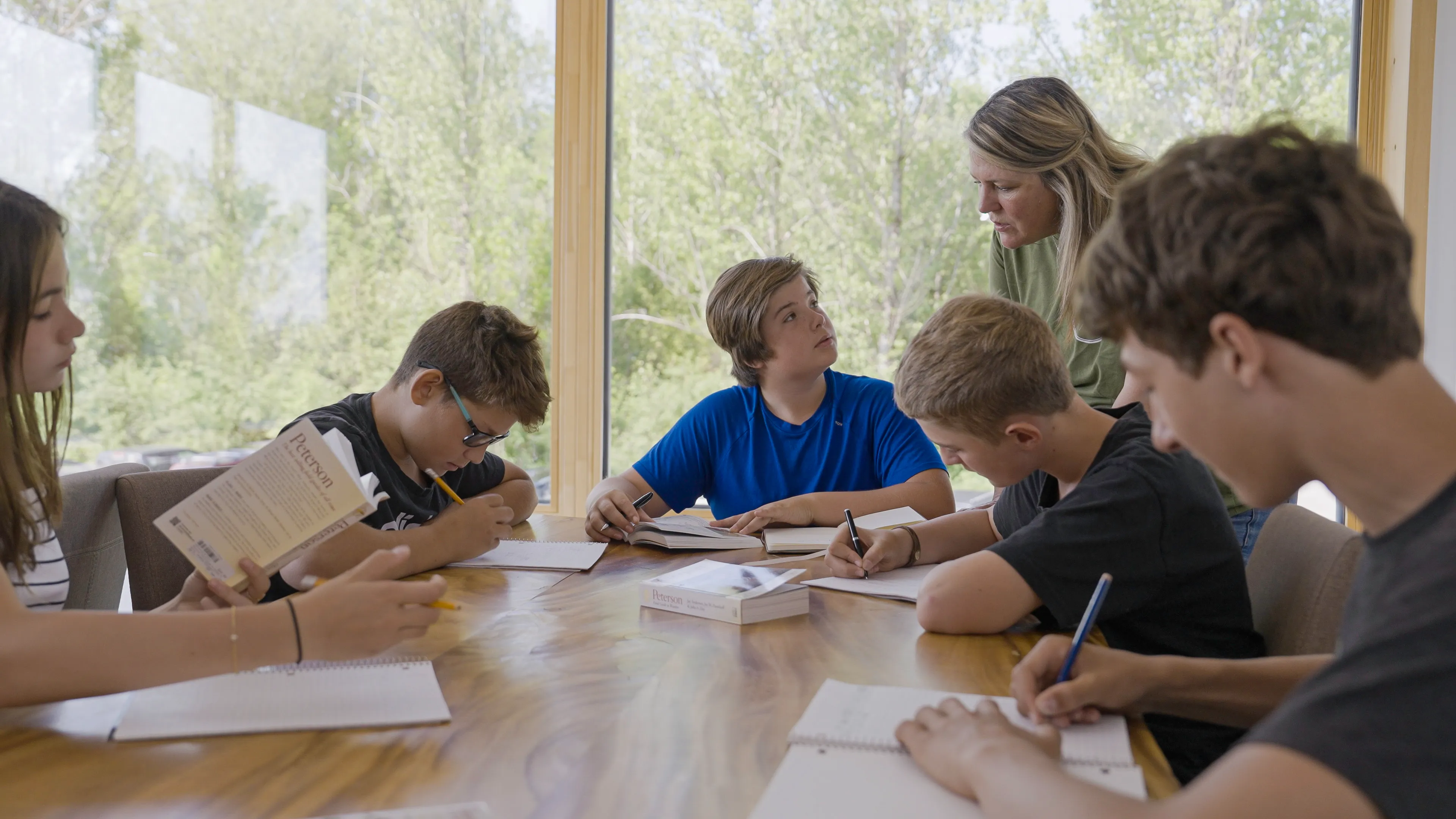How to Enhance one of the most Critical Stages of your Child’s Development


In recent years, a growing body of research has been demonstrating the profound impact that outdoor schools and nature based learning can have on adolescent brain development. In particular, new research is showing that during the ages of 10 to 14, adolescent brains are going through the second most significant growth spurt of their lives (second only to infancy). During this stage of development their brains have a great deal of neural plasticity. This makes it a critical time for learning and development. It’s also a great opportunity to imprint healthy behaviours and patterns that will last a lifetime. The benefits of outdoor schools for this age group is proving to be quite exceptional.
One of the key experts in this field is Dr. Gordon Neufeld, a clinical psychologist and author who has written extensively about the importance of outdoor play and causes of maturation deficiencies in adults. He argues that outdoor play is crucial for children’s emotional and social development, as well as their physical health. According to Dr. Gordon Neufeld, adolescents are wired to seek novelty, take risks, and explore the world around them. He notes that outdoor education allows children to harness this natural wiring to become more curious while developing important skills like risk-taking, problem-solving, and creativity, and that it can also help children develop resilience and a sense of connection to the natural world
Research in recent years has also been demonstrating the importance of outdoor learning specifically. Studies have found that outdoor learning can lead to significant improvements in academic performance, especially in areas like science and math. One study published in the Journal of Adventure Education and Outdoor Learning found that students who participated in outdoor learning programs scored significantly higher on tests of science knowledge than students who did not participate.

The benefits of outdoor learning go beyond just academic performance, however. Research has also shown that outdoor learning can lead to improvements in mental health and well-being. One study published in the Journal of Environmental Psychology found that students who participated in outdoor learning programs had lower levels of stress and higher levels of happiness and well-being than students who did not participate.
Two schools that have been leading the way in outdoor and experiential based learning are the Blue Mountain WILDE School in Ontario and the Green School in Bali. These schools have developed innovative outdoor learning programs that are designed to help students develop important skills and experiences that they might not get in a traditional classroom setting.
The Blue Mountain W.I.L.D.E. School, located in the heart of Ontario’s Blue Mountains, offers a range of outdoor full time education programs for students from grades K to 8. The school’s programs are designed to help students develop important life skills like problem-solving, teamwork, and leadership, and to foster a deep connection to nature. Students at the Blue Mountain Wilde School spend a considerable amount of time outside, exploring the natural world and engaging in hands-on learning activities, while also meeting and often exceeding the provincial curriculum.
A key feature of the Blue Mountain WILDE School is its commitment to fostering happiness and well-being in students. The school’s programs are designed to be fun and engaging, and to help students develop a sense of joy and curiosity about learning. This focus on happiness and well-being is supported by research, which has shown that happy students are more successful academically and more likely to have positive life outcomes.
The Green School in Bali is another school that has been at the forefront of outdoor learning. Located in the heart of Bali’s rainforest, the Green School is an international school that is committed to sustainability and environmental stewardship. The school’s curriculum is designed to be hands-on and experiential, with a focus on learning through doing. One of the key features of the Green School is its commitment to sustainability and environmental education. The school’s programs are designed to help students develop a deep understanding of environmental issues and to develop the skills and knowledge necessary to make a positive impact on the world.
Outdoor schools such as WILDE School provide an ideal environment for fostering adolescent brain development. The school’s focus on outdoor education, experiential learning, and emotional well-being allows students to develop critical skills, form deep connections with their teachers and peers, and benefit from exposure to nature.
This comes at a critical time in adolescent development in which their brains neural plasticity is such that it can and will imprint behaviours, either negative or positive. As research continues to uncover the benefits of outdoor education, it is clear that schools like WILDE offer a valuable alternative to traditional classrooms and can have a profound impact on the future success and well-being of their students.
Schools like the Blue Mountain Wilde School in Ontario and the Green School in Bali are pioneering a transformative approach to education through outdoor learning programs that extend beyond traditional academic achievements. These programs, aimed at students from grades K to 8, emphasize developing life skills such as problem-solving, teamwork, leadership, and fostering a deep connection with nature, all while aligning with or surpassing provincial curriculum standards.
Supported by research highlighting the positive impacts on mental health, happiness, and well-being, these schools offer a holistic educational model. This model not only cultivates joy and curiosity in learning but also prepares students to tackle environmental challenges with hands-on, experiential learning, thereby contributing positively to the world and navigating the critical stages of adolescent brain development effectively.

In a world being rapidly reshaped by artificial intelligence, climate change, and cultural disruption, it’s becoming harder to ignore a simple truth.
Published:
May 27, 2025

Published:
November 3, 2025

Published:
August 13, 2025